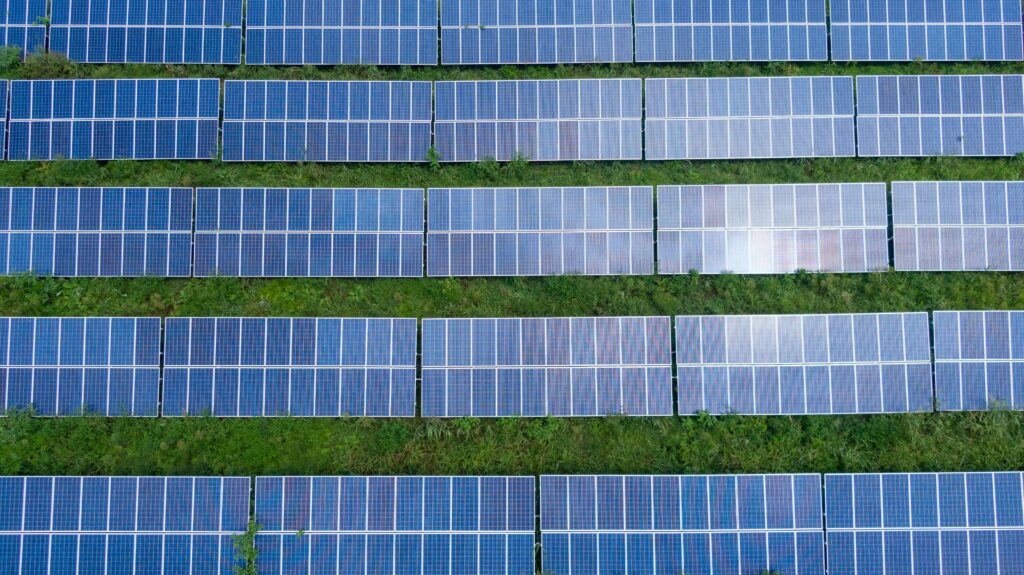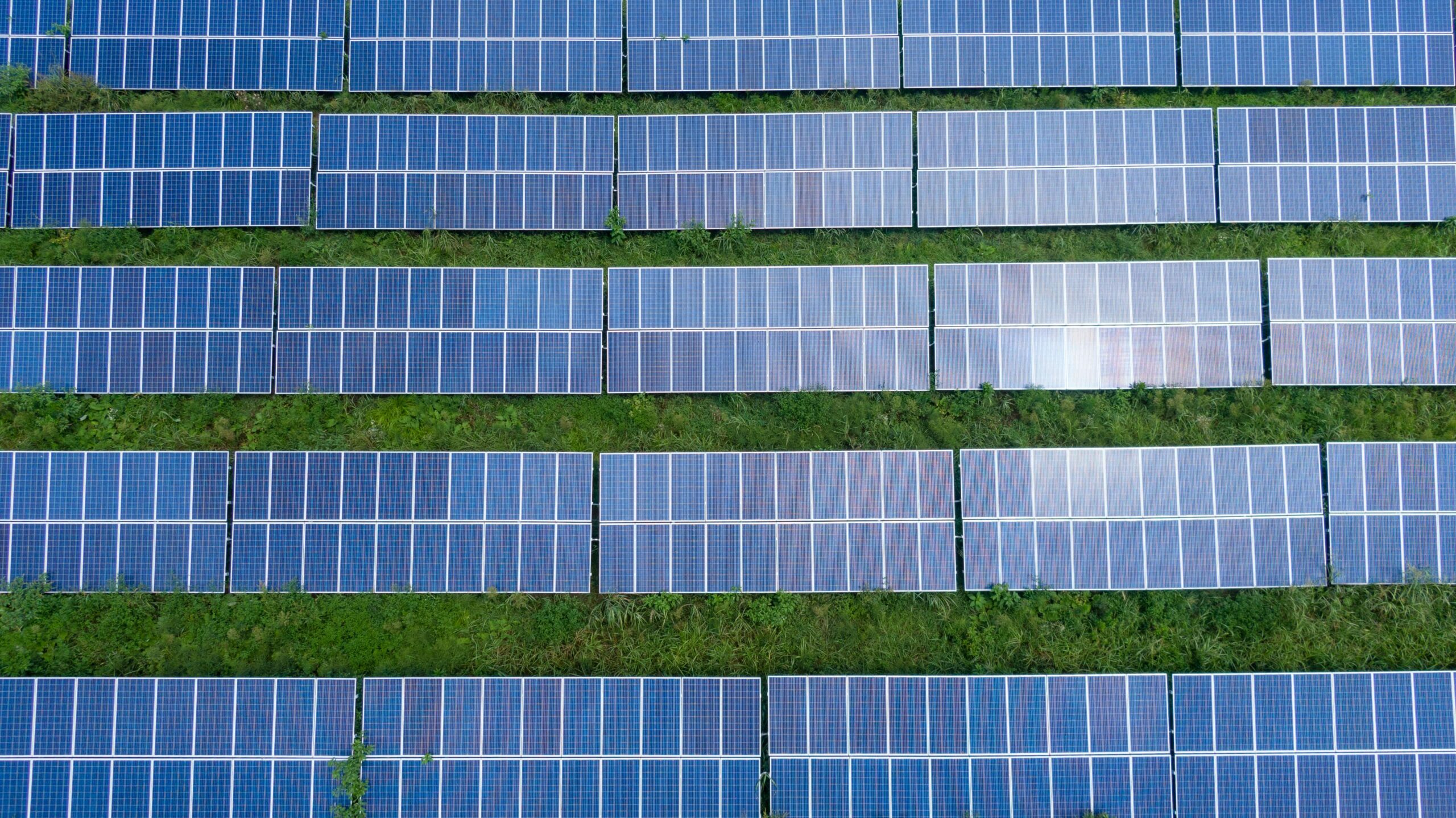
The nearest national electric grid to Ethiopia’s Melkadida Refugee Camp is more than 200 kilometres away. Yet there is power. There is light.
And there is opportunity. It all started with a visionary partnership between the private sector, host communities, and refugees.
Most of the over 210,000 refugees in the five camps around Melkadida, in southeastern Ethiopia, were forced to flee conflict and drought in Somalia over the last 12 years. One of them is Elias Nunow Hirab, who arrived in 2011 when he was 14 years old.
“When I first came here, we didn’t know anyone, and my mother started collecting firewood to sell, which kept us fed. [She] was able to pay my school fees, and I started learning English,” he explained. “Then in 2014, [an organization] that supported youth invited us to come and participate in their [training] programs. I chose electricity because I was interested in technical skills.”
Melkadida Compact
For Elias and other refugees in the camps, this is where preparation met opportunity: IKEA Foundation had started a partnership with UNHCR, the UN Refugee Agency, two years before and was beginning a transformative approach in the area, focusing on livelihood programs to help foster socio-economic inclusion, sustainable livelihoods, and self-reliance.
IKEA Foundation was one of the first and biggest private-sector players to partner with UNHCR and other aid agencies during the initial influx of Somali refugees. It remains the largest philanthropic investment made through UNHCR in any refugee context over the last decade. This long-term engagement created an unparalleled opportunity to test new approaches for strengthening inclusion and collaboration.
IKEA Foundation’s investments in services and infrastructure have benefited both refugees and host communities, providing valuable evidence that has helped inform Ethiopia’s progressive refugee policies and inclusive local development approach known as the Melkadida Compact.
Bringing light
Here in Melkadida’s remote, arid landscape, the brilliance of the sun is a daily reality—one that is being harnessed for the kind of development that Heggenes envisioned.
Elias’s involvement with the IKEA Foundation’s sustainable energy programs began in 2017, when he helped form a cooperative with fellow refugees to install and manage solar-powered streetlights. Because of the electrical training they had received, they were uniquely qualified for the job. Elias and the other cooperative members learned the importance of responding to customer requests for repairs in a timely manner, which quickly won them the respect and support of the community.
When the IKEA Foundation decided to invest in the area’s first solar mini grid in 2020, Elias’s cooperative was given the responsibility to help build and operate the new energy system, which was designed to supply reliable, clean energy to local households and shops.
In naming their new business enterprise, Elias and his fellow cooperative members used a word from the Somali language. “The word IFTIIN means light, and we bring light to the town,” he said. “The [solar] mini grid has brought so much happiness to the community.”
“What we had to do was start to think about different ways of providing energy through cooperatives, refugees, and host communities together,” Heggenes explained. “With energy, you can create businesses. You can make money. You can actually build a community and an economic environment that otherwise wouldn’t be the case.”
by UNHCR


